course details
professional
dog trainer
Our flagship professional dog trainer course will provide you with a rich, in-depth education that will drive your career.
The Dog Scientific
At the heart of Academy’s professional Certificate in Training and Counseling (CTC) course is The Dog Scientific secure website. Think of it as your online university lecture hall, seminar room and library in one. Here you can access the core course modules, upload videos for coaching and take quizzes to test your knowledge in different areas.
The topics you will study focus on two main themes: how animals learn and how best to change their behavior; and how to work with the people who will be your clients. This includes training manners and resolving behavior problems, as well as working with fearful and aggressive dogs.
You’ll learn how to counsel clients with empathy and respect. The curriculum has a breadth of other modules our students have found invaluable: you’ll learn critical thinking skills, about evolution, genetics, and canine ethology. You’ll also learn about the history of dog training, and about dog breeds and their characteristics. Finally, you will learn about branding and marketing your business, and managing and developing customer relationships.
schedule
Progress through each level follows the same pattern: training practice (video), written assignments, and a knowledge test.
As a new freshman in The Academy, you’ll familiarize yourself with The Dog Scientific academic site, how to join live webinars and access the back catalog of recorded webinars, and join The Academy Café and other discussion and study groups. You’ll find the culture collegial, welcoming and supportive and the level of discussion high.
Once you’ve worked through the first five modules, you’ll start training and submitting video for personalized coaching. The beauty of our system is you can submit video precisely when you have a training problem, and of the very dog that you’re stuck on. And you can do so on multiple dogs.
You’ll then draft your first behavior modification training plans and receive detailed feedback. You’ll then take the knowledge test and go on to the next level!
As a Sophomore, you’ll study animal behavior and then drill down into dog behavior, dog behavior problems and class teaching. You’ll train a dog to station for a veterinary exam and free-shape a dead retrieve (behavior chain), once again with video feedback.
You’ll draft a more complex training plan and do a specific assignment on communicating a variety of key concepts clearly in client-friendly language. Then it’s your knowledge test and on the the next level!
As a Junior, you’ll get into the nitty gritty of fear, aggression, separation anxiety and client counseling. You’ll learn to work up cases vis a vis prognosis, triage and troubleshooting.
You’ll draft a desensitization and counterconditioning plan and work on a behavior report in client-friendly language. You’ll also study critical thinking, a vital concept in our unregulated profession. Then it’s one more knowledge test and on to Senior!
Once you’re a senior, you’ll pull it all together and start taking cases, under supervision. You’ll review all the material and take your final exam.
- webinars
- Lectures
- Hands-On-Training
- One-to-One Coaching
- Group Classes
Testimonials

teaching methods
Teaching Methods
student life
Student Life
Training
Plans
Field-tested training plans in all key behaviors clients want, with extensive guidance in developing your own step-by-step training plans
Client
handouts
Professionally written client handouts on all behavior problems which you can brand and modify for your practice
Lesson
plans
Tested curriculums that have been vetted by hundreds of Academy grads provide for successful group classes
client
forms
Obtaining relevant information from owners prior to beginning training improves efficiency and can support positive outcomes
discussion
forums
Online discussion forums foster community and build a trusted cadre of peers and colleagues all around the world
legal
waivers
We provide you with attorney-drafted forms and wording to help you set up your business successfully
graduation
Ah, happy Day….And now what?
Once you take your final exam you will receive your results within a week. You may take the exam on a day of your choosing, or you may take a proctored exam on specific dedicated dates.
Once you’ve successfully graduated you will receive your Certificate in Training and Counseling (CTC), the most highly regarded certification in the pet dog training industry.
Yes, the program has been granted 21 CEUs for each level (for a total of 84) by the Certification Council for Professional Dog Trainers (CCPDT), and 25 CEUs for Each Level (for a total of 100) by the International Association of Animal Behavior Counselors (IAABC).
Yes. We believe new graduates should receive support as you fly the nest. You’ll have access to discussion forums and the back catalog of hundreds of hours of webinar recordings.
Once you graduate you are entitled to use this credential and the Academy logo on your professional literature, and be included on the Academy’s professional referral list.

